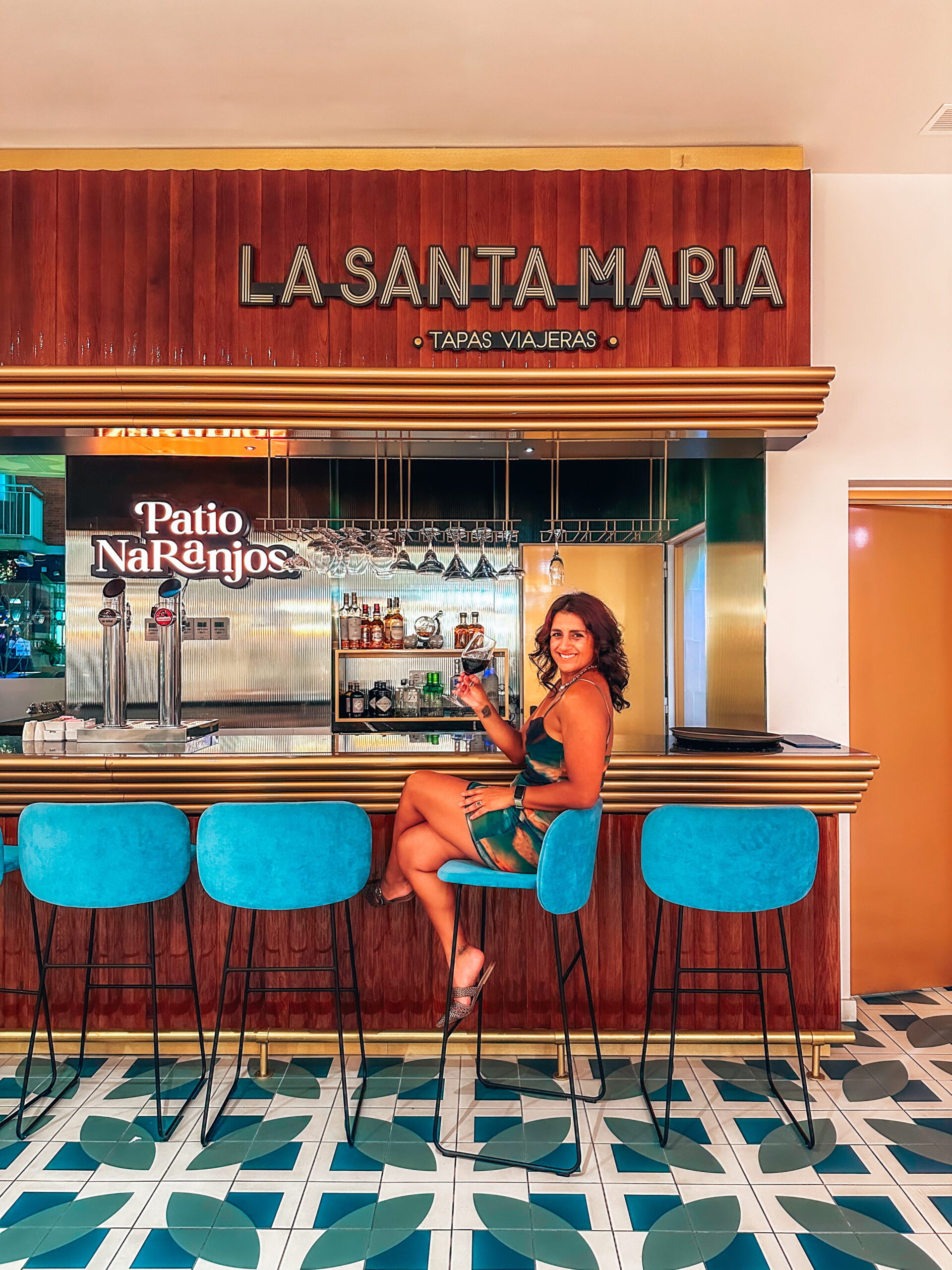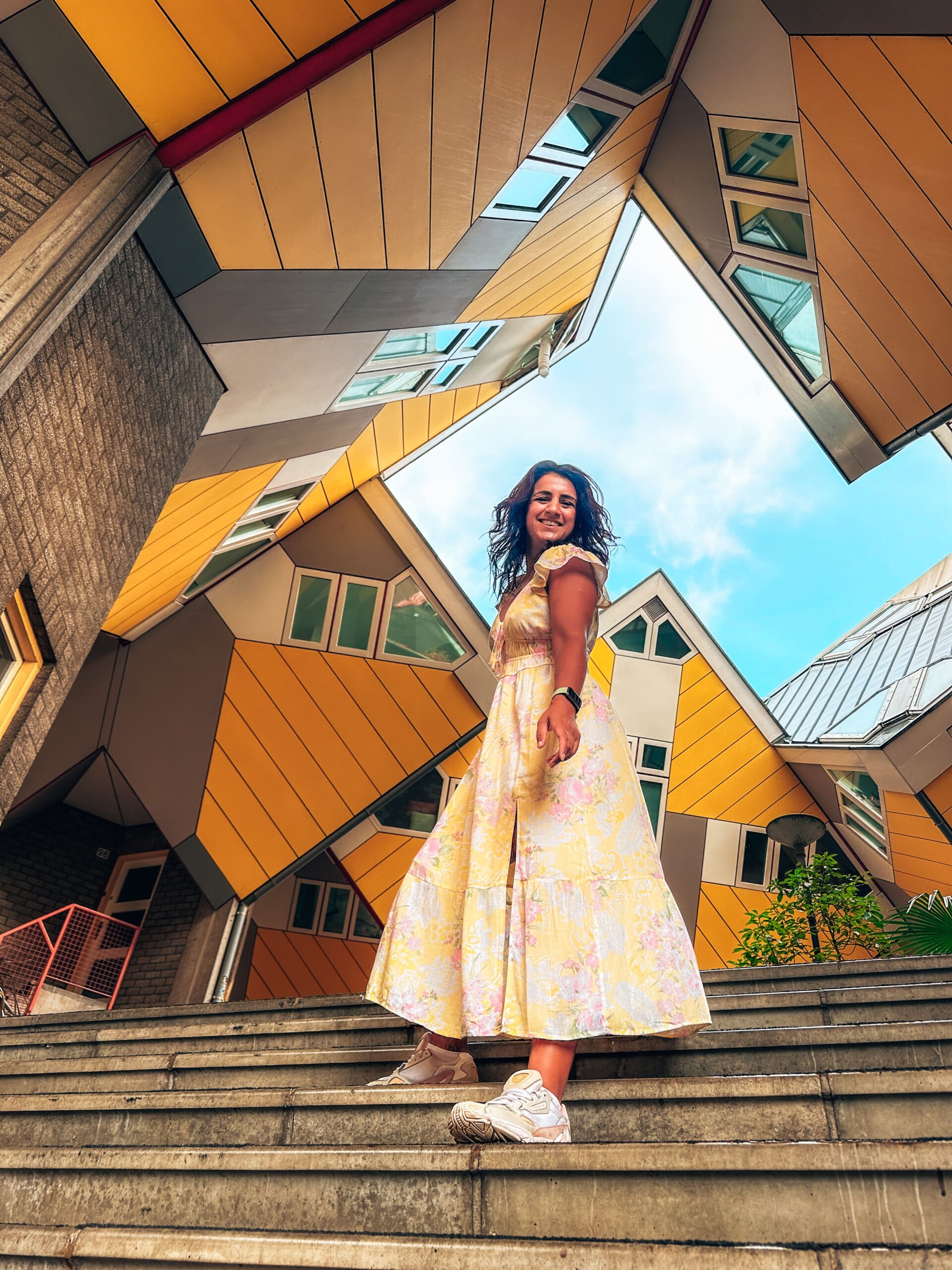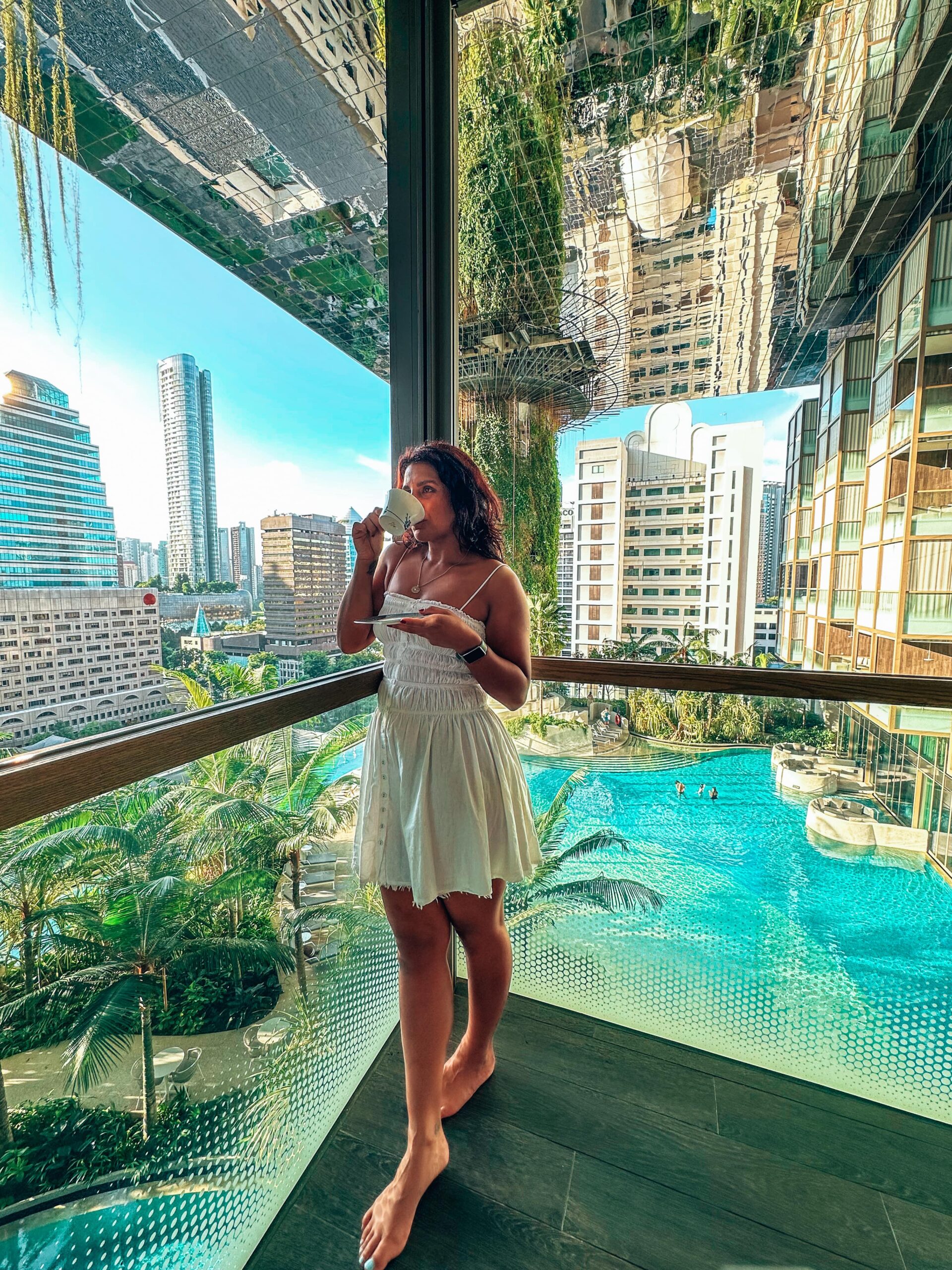Becoming a digital nomad in Malta – the ultimate guide:
- Why is Malta the Perfect Destination for Digital Nomads?
- Malta Digital Nomad FAQs
- How much does it cost to live in Malta as a digital nomad?
- How long can I stay in Malta as a digital nomad?
- What is the difference between Malta's digital nomad visa and the tourist visa?
- Do digital nomads pay tax in Malta?
- Is Malta a safe destination for solo travellers
- What is the Nomad Residence Permit?
- Eligibility for Malta's digital nomad visa
- Applying for Malta's Nomad Residence Permit
- I'm moving to Malta – what now?
- Becoming Part of Malta's Digital Nomad Community

Why is Malta the perfect destination for digital nomads?

Malta Digital Nomad FAQs
How much does it cost to live in Malta as a digital nomad?
To be eligible for the Nomad Residence Visa, you need to have an annual gross income of €42,000 or more, which would cover your living costs on the island. If you're thinking of living in Malta as a digital nomad, here's a breakdown of the costs of living on the island:
- Rent – €700 to €1,500 per month for an apartment
- Utility bills – €100 to €150 per month for gas, electric and water
- Groceries – €300 to €400 monthly
- Dining out – €30 to €50 per person (mid-range restaurants)
- Monthly bus pass – €26 (free for all residents)
There will also be additional costs such as internet services, gym membership, co-working spaces, activities and nights out which will vary according to your budget and lifestyle.
>> Check out this blog post on 35+ Digital Nomad Jobs to Change Your Life in 2024
How long can I stay in Malta as a digital nomad?
If you are a digital nomad or remote worker who is staying in Malta under the Nomad Residence Permit, you may stay in Malta for up to 1 year. The visa is issued for 1 year, but can be renewed upon application at the discretion of Residency Malta yearly for up to 4 years, as long as the applicant still meets the set eligibility criteria.
What is the difference between Malta's digital nomad visa and the tourist visa?
| Malta digital nomad visa (Nomad Residence Permit) | Malta Tourist Visa |
| Visa permit valid for 1 year | Visa valid for up to 90 days |
| You may work remotely | No working allowed |
| You may stay in the country for the full duration of the visa and may travel within the Schengen Zone for 90 out of 180 days | To extend, you must leave the country and spend 90 days in a non-Schengen country |
| You can renew the digital nomad visa yearly, up to a maximum stay of 4 years | You can only spend a maximum of 180 days in Malta across the whole year |
What is the cheapest country to live as a digital nomad?
Malta has been cited as one of the most affordable digital nomad visas. With relatively low living costs compared to European cities, it makes Malta a very attractive destination for remote workers looking for a base that offers nationwide 5G coverage and affordable flights to mainland Europe.
Do digital nomads pay tax in Malta?
Most digital nomads will continue to pay tax in the country where they are a tax resident, or where their business is registered. However, they may also need to pay tax in the country where they are currently resident, depending on the conditions of their digital nomad visa.
Tax considerations and obligations for digital nomads who live in Malta might arise under both foreign and Maltese legislation. In respect of income tax obligations under Maltese law, you may wish to refer to S.L. 123.210 Nomad Residence Permits (Income Tax) Rules and the applicable provisions of the Income Tax Acts, Chapters 123 and 372 of the Laws of Malta.
It is also solicited for digital nomads to seek appropriate professional assistance in respect of both the Maltese and foreign tax treatment applicable in their specific circumstances.
Is Malta a safe destination for solo travellers

What is the Nomad Residence Permit?
The Nomad Residence Permit is Malta's digital nomad visa which allows you to retain your current employment within another country while living in Malta. It provides a visa for those who can work remotely or run a business from anywhere to live and work in Malta for up to one year, with the possibility to extend.
Malta has been welcoming digital nomads to join their thriving community of expats who choose a nomad lifestyle with the benefits of island life, business networking opportunities and cultural experiences, for a number of years, especially from the EU. This is also extended to individuals from third countries, who would normally (but not necessarily) require a visa to travel to Malta, can now also benefit from the Nomad Residence Permit.
>> Check out this blog post on Ultimate Guide To Digital Nomad Visas For UK Citizens
Eligibility for Malta's Digital Nomad Visa
To qualify for the Nomad Residence Permit, you must meet the following eligibility criteria:
- Applicants must be third country nationals (non-EU, non-EEA, and non-Swiss nationals).
- You must be 18+ years old
- You must be able to work online with location independence
- Earn a minimum of €42,000 annually
- Be of good conduct
- Open to immediate family members/dependants
You must comply with one of the following:
- Have a contract with an employer registered outside of Malta
- Provide freelance services to clients registered outside Malta
- A self-employed owner of a business registered outside of Malta, who can work remotely
Those who are contracted by a foreign company but providing services to the company's Maltese subsidiary are not eligible for the Nomad Residence Permit.

Applying for Malta's Nomad Residence Permit
It costs €300 to apply for the Nomad Residence Permit and the entire application is done online, which means you can be anywhere in the world when you apply for the visa. Residency Malta Agency have created this useful Nomad Residence Permit Checklist and exhaustive FAQs which cover everything you need to know and they recommend reading the document before starting the process.
Applicants for Malta's digital nomad visa must be able to provide the following documentation:
- Proof of employment/income
- Proof of accommodation, after approval in principle
- Health insurance covering Malta and European countries min €100,000 (after approval in principle)
- Police Conduct Certificate
- Pass a background verification check
Applications take around 60 working days or less – so be sure to leave enough time for your visa application to be processed. These are the stages of the application:
- Application for the Nomad Residence Permit is submitted with documentation.
- Application is checked and a receipt of application will be issued with instructions for payment.
- Once the payment is received, the processing of the application will start and can take up to 60 working days
- Background checks are conducted.
- For approved applications – a Letter of Approval in Principle is issued, and one is required to submit proof of accommodation and a health insurance policy within 30 days from the date of issue.
- Once the above is finalised, a Letter of Final Approval is issued.
- If an applicant requires an entry visa, they will be contacted by the Central Visa Unit at Identità (formerly known as Identity Malta Agency) to guide them on the process.
- Once in Malta, the applicant is required to notify the Agency via email to set up an appointment for the capture of biometrics.
- The residence card takes between 3-4 weeks to be issued.
- Once issued, the applicant will be notified via email and requested to pick up the card in person from Residency Malta’s offices, bringing with them their passport.
In the case of a renewal application, following the Letter of Approval in Principle, all required documents are to be submitted prior to the expiry of the current Nomad Residence Permit.
I'm moving to Malta – what now?
Yay! Your digital nomad visa for Malta has been approved, congratulations! Now before you start celebrating, there are a few things you need to organise ready for moving to Malta to start your life as a remote worker on the Nomad Residence Permit. In order to receive your Letter of Final Approval for the visa permit, you need to provide evidence of your accommodation and a health insurance policy.
Accommodation
Applicants for Malta's digital nomad visa don't have to provide proof of accommodation until after the Letter of Approval in Principle is issued. This accommodation can be temporary accommodation at a short-term let of up to 1 month which can include hotels and Airbnb. This is a great way to do things so that you can search for a "permanent" place of residence for the rest of your visa once you arrive in Malta. For applicants who require an entry visa, a 15-night minimum stay is required. On securing such temporary accommodation, a Letter of Final Approval will be issued, however, upon arrival in Malta, you must opt to secure a 1-year lease for a card to be issued.
Heath Insurance
It's important to note that the Nomad Residence Permit requires specific health insurance covering Malta and other European countries to a minimum of €100,000. Your travel insurance will not suffice, this health insurance policy must meet the minimum requirements for medical assistance or hospitalisation in Malta and other European countries. The policy must cover the applicant and where applicable, any dependents in Malta, and must be fully pre-paid for 1 full year. Check out this handy guide for Health Insurance Coverage.
Becoming Part of Malta's Digital Nomad Community
Where do digital nomads live in Malta?
Some of the most popular spots for digital nomads to base themselves in Malta include Sliema, St. Julian's, and Valletta which each offer good access to nightlife, events and culture, plus great access to co-working spaces and public transport. Gozo, Malta’s sister island is also a popular spot with digital nomads which is enjoyed for it’s more rural atmosphere and a slower pace of life. Check out this guide to the 8 Best Cities in Malta for Digital Nomads.
Co-living spaces for remote workers in Malta
Lots of co-living spaces have popped up in Malta since the Nomad Residence Permit was launched and an influx of remote workers have gravitated towards the island. They provide a budget-friendly option for solo travellers and digital nomads who prefer to cohabit with like-minded people. These living spaces are created to shape an environment around connection, engagement and collaborative work, creating a community within a home. Always do your research before signing a contract, and try to view a place and meet the other residents before committing.
How do I find digital nomad communities in Malta?
Finding community is so important, so why wait until you arrive to start? With social media and the internet at our fingertips, there are so many ways to connect with other digital nomads. Check out these tips for connecting online:
- Join a social media community for digital nomads in Malta
- Consider using an app designed for making new connections and finding your crowd, not just for dating
- Reach out to Malta's co-working spaces and ask about events or meet-ups
- Join larger solo travel social media groups – ask if anyone is based in Malta and wants to meet up
- When you arrive – sign up for activities, classes, anything that indulges your interests and gives you a chance to meet like-minded people
Co-working spaces for digital nomads in Malta
Malta has some lovely co-working spaces for digital nomads and remote workers who are staying on the island, which provide professional environments with all the necessities including high speed wifi. If you're based in St Julian's or Valletta, you'll also find lots of cafes with free wifi which provide a network of flexible workspaces throughout the island.


















